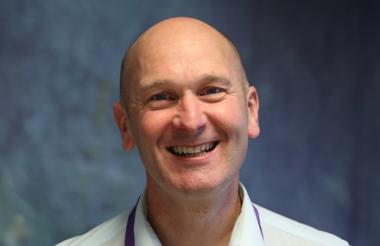International development charity VSO has been reducing its UK workforce and moving some posts overseas partly because of the decision to leave the European Union.
It has already cut its UK staff by 20 posts and plans to reduce its numbers by a quarter over the next five years. According to the charity's latest annual accounts for the year ending March 2017, it employs 244 people in the UK and 566 in the rest of the world.
Responding to Charity Finance’s Chief Executives Survey 2017, which will be published on 1 September, Philip Goodwin, chief executive, said that his charity had been shrinking its UK staff and placing more posts overseas since the UK’s decision to leave the EU.
Goodwin said his organisation is anticipating a loss of EU funding and he feels the UK as a whole has lost some of its reputation “as a leader in global civil society”. He added that a lack of certainty is undermining planning and recruitment.
He said: “We recently reduced the UK headcount by around 20 posts as part of an overall need to streamline and boost efficiency. It is likely that as a global organisation whose work is primarily delivered in the Global South, we will continue to reduce the size of our London-based staff.
“I would expect – all things being equal – a reduction of around another 25 per cent over the next five years as posts fall vacant.”
'No assumption that when posts become vacant they will be replaced in the UK'
Goodwin said his organisation would look to recruit equivalent roles overseas for some of these lost UK jobs. VSO operates in 24 countries including many across southern Africa and southern Asia.
He said: “A good example of this is our current head of monitoring and evaluation – previously a UK-based post, is now being recruited outside the UK.
“We have recently recruited outside the UK for two previously UK-based posts. It is difficult to put a definite number on the shift but essentially, there is no assumption that when posts become vacant in the UK, they will be replaced in the UK.”
- The full Chief Executives Survey 2017 will be in the September issue of Charity Finance. To subcribe, click here.
Related articles












